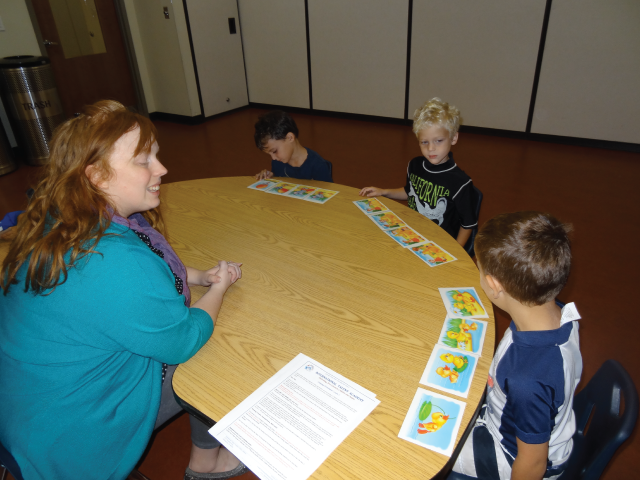In times of adversity and turmoil, stress evokes strong emotions and causes uncertainty. As parents, we are in the best position to help our children. The following tips have been prepared to provide broad guidelines to help parents in tough conversations.
LISTEN
Some children want to talk about difficult situations and some won’t. Both reactions are normal. If they do want to talk, actively listen to their concerns, validate, and encourage the discussion. If they don’t feel like talking, don’t force it, but do check in.
DON’T AVOID DIFFICULT CONVERSATIONS
Parents don’t want to cause anxiety in their children. This often results in avoiding difficult conversations. It’s the situation that is upsetting, not the conversations. Invite the conversation with open-ended questions such as: “What would you like to know?” or “How does this make you feel?”
ACKNOWLEDGE THAT WE DON’T HAVE ALL THE ANSWERS
It’s okay not to know the answer to every question. If you can’t answer your child’s question, be honest. Use the opportunity to explore the question together without providing excessive information.
MONITOR THE TV AND INTERNET
Television programs and social media cover the news, and may include scenes that are not appropriate for children. Children may use the internet to seek out answers, be involved in monitoring the information they receive, and be prepared to interpret.
BE PREPARED
Be prepared for your children to ask questions. Answer their questions in a way that is honest and age appropriate. Share what is being done to keep them, their family, and friends safe.
BE AWARE AND SENSITIVE TO YOUR CHILD’S RESPONSES
Children’s responses to difficult situations will vary depending on their age, personality, and experiences. Be aware of changes in mood, behavior and habits including appetite and sleep patterns (changes are normal for a short period of time). If distress is persistent or worsens talk with their pediatrician or other healthcare/mental health provider.
TAKE CARE OF YOURSELF
No one is immune to hardship. Remember that you are your child’s best resource and the best way to help them is to keep yourself safe and healthy. Share with children the strategies you use to cope with stress and seek assistance.
SPEND TIME AS A FAMILY
The family is the best source of support during difficult situations, children need to rely on their parents and siblings. This is an opportunity for the family to demonstrate its resilience and strengthen its ties.
ENCOURAGE HOPE
Although difficult situations can have negative consequences, they can also have positive outcomes. Keep an optimistic attitude and look forward to the future.




